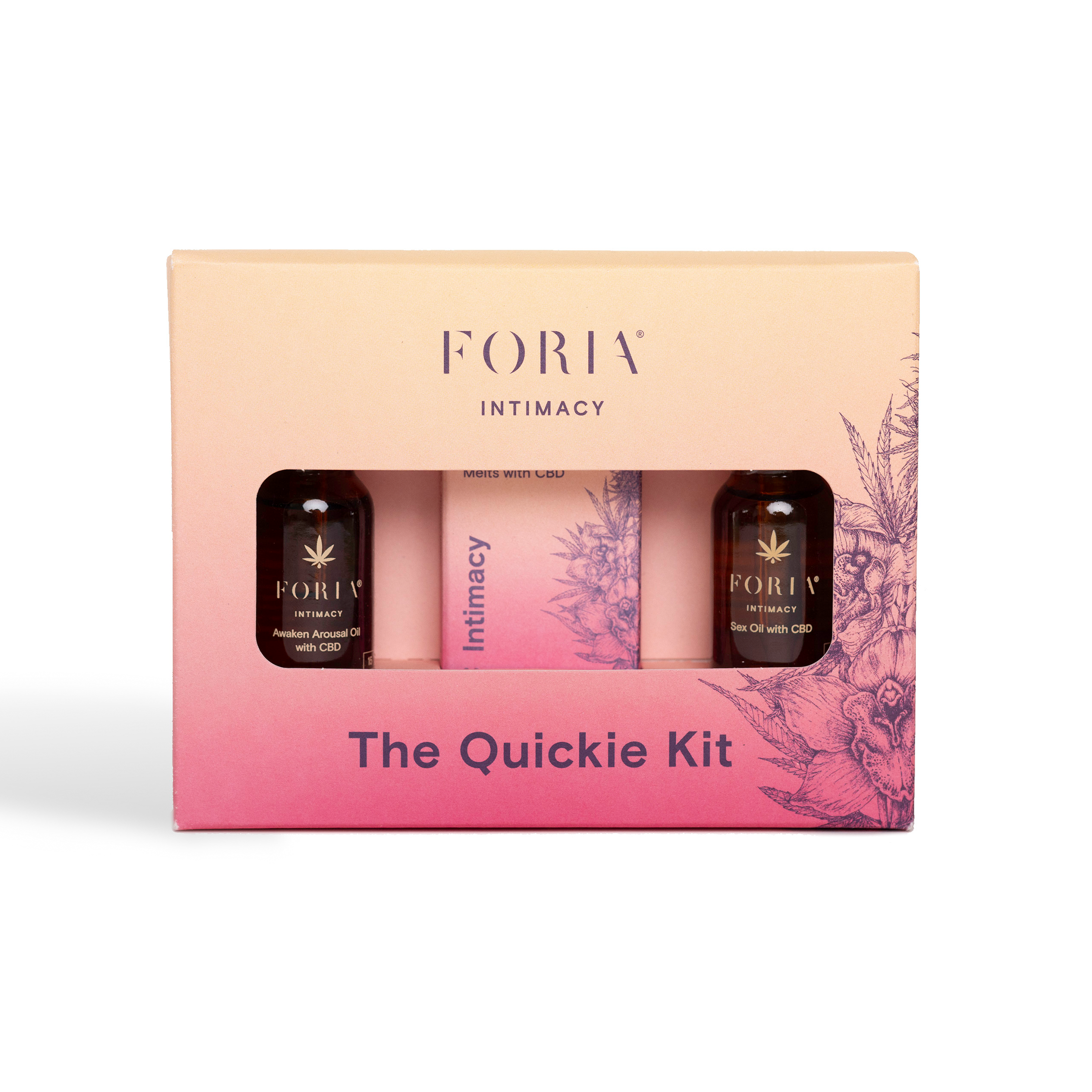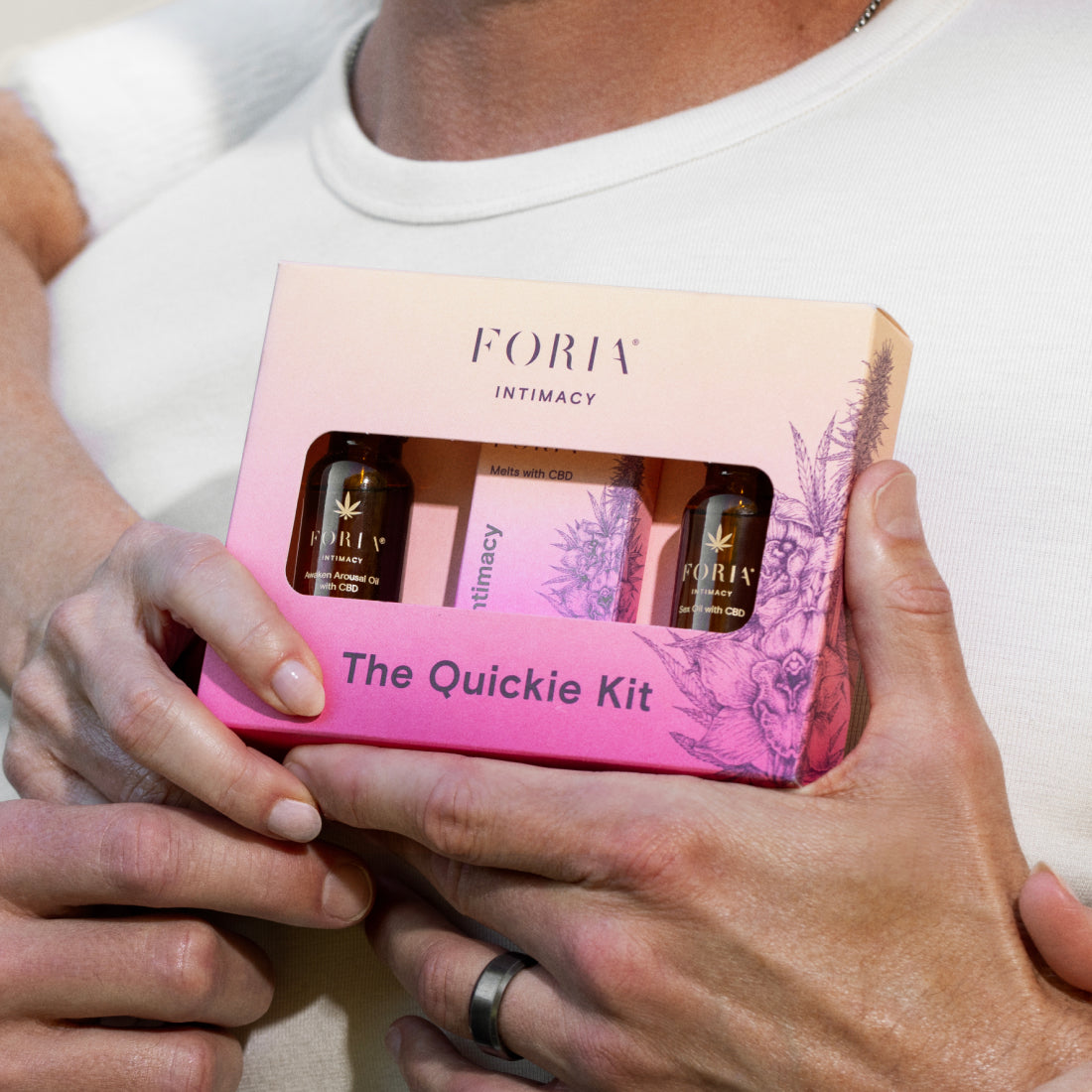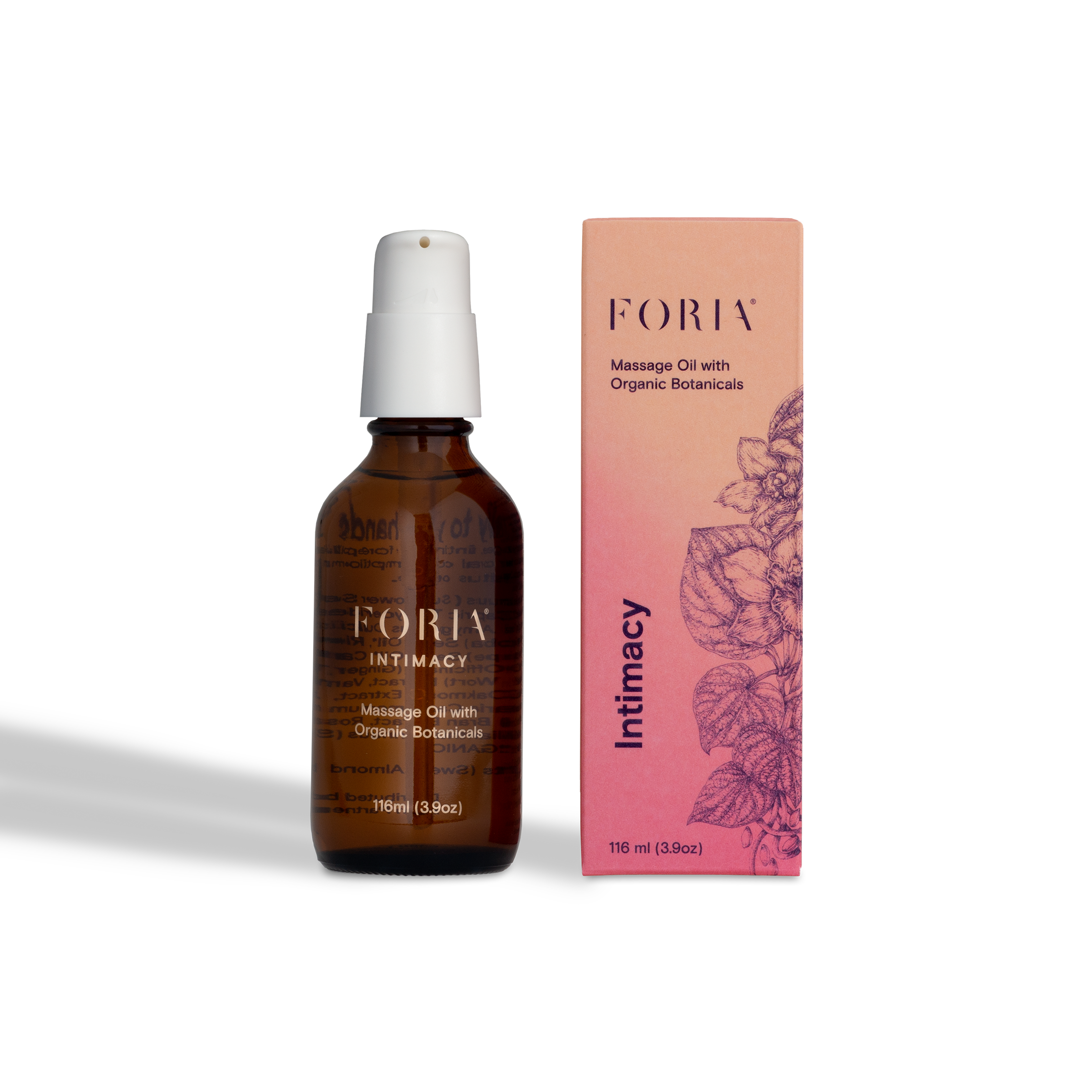Great orgasms lead to great sleep – as most of us learn when we first start masturbating, long before we ever see a lover naked. And when we do begin to explore partner sex, we may discover that “mornings after” are so wonderful simply because we wore ourselves out!
Unfortunately, insomnia is all too common. Over 35% of American adults report getting less than 7 hours of good Zs a night. Lack of quality sleep can be seriously disruptive to our lives and health. And too many people resort to unhealthy tactics, like drug and alcohol abuse, out of desperation for rejuvenating rest.
Clearly the answer is for everyone to be having great sex, solo or with a partner. (You knew we were gonna say that!) But what does science say? Is there a clear link between good lovin’ (or self-lovin’) and dropping off to dreamland?
Studies say: absolutely yes. And like all things sex and wellness, the connection is holistic, systemic, and involves body and mind alike.
The Science of Sex and Sleep
Here are some key takeaways to keep in mind when you’re deciding whether to reach for your vibrator or stay staring at your phone past your bedtime.
Sex hormones – nature’s sleeping pill
Great sex produces a whole cocktail of soothing natural chemicals in the body and brain, including oxytocin, nicknamed “the love hormone”. Oxytocin is released with sensual touch and a sense of intimate togetherness, and leads to feelings of wellbeing, improved mood, relaxation, even gentle euphoria. But oxytocin isn’t the only love hormone in the game – fulfilling sexual intimacy also releases dopamine and prolactin, which both lead to restful warm fuzzies.
Great sex, great sleep – everyone agrees
A 2017 survey of primarily heterosexual, cisgender men and women showed that everyone reported better sleep outcomes following a satisfying sexual experience – even though our hormonal makeup is different, and even though men have a reputation for falling asleep immediately after orgasm while their female partners take longer. (Our solution to that age-old problem? If you’re the one with the vulva, insist on more orgasms so you can catch up!)
No lover? No problem.
The same survey linked above also showed that anecdotally, all participants also reported better sleep after masturbation – but they were able to go into more granular detail about why, maybe because we experience solo sex with more clarity and understanding than when we bring in a partner as a variable.
Orgasms are orgasms, and they release the same relaxing hormones regardless of who’s causing them – so if you’re having trouble drifting off, make sure to get lots!
Less sex, more stress.
A recent study showed that overall, people are having less sex than they used to – and that curve is still declining. Correlation doesn’t necessarily equal causation, but during the same timeframe, more people have reported their stress levels rising. Not to mention that lack of quality sleep can lead to decreased libido – and a cycle that feeds itself.
Pleasure and wellbeing go hand-in-hand… again!
We need quality rest to feel good, and to access our libidos so we can have great sex, which leads to quality rest – the opposite of that exhausting stress cycle. And the key to getting off the exhaustion-insomnia-stress merry-go-round may be great orgasms, and lots of them, on a regular basis.
Think of physical intimacy like regular exercise or a healthy diet. It’s just as important, but much more fun. Cultivate a thoughtful masturbation routine, make sure your partner knows what you need to feel really good, and if you don’t have time for a full sex sesh, try a quickie!
Good sex habits are good sleep habits. Keep that in mind and you’ll be orgasming off to dreamland in no time.
Shop Our Intimacy CollectionFeatured in this article
The Quickie Kit
Introductory kit featuring deluxe mini sizes of our three Intimacy CBD best-sellers
$44Want more? Sign up for our newsletter
By entering your email, you are agreeing to our terms and conditions and understand our privacy policy.















